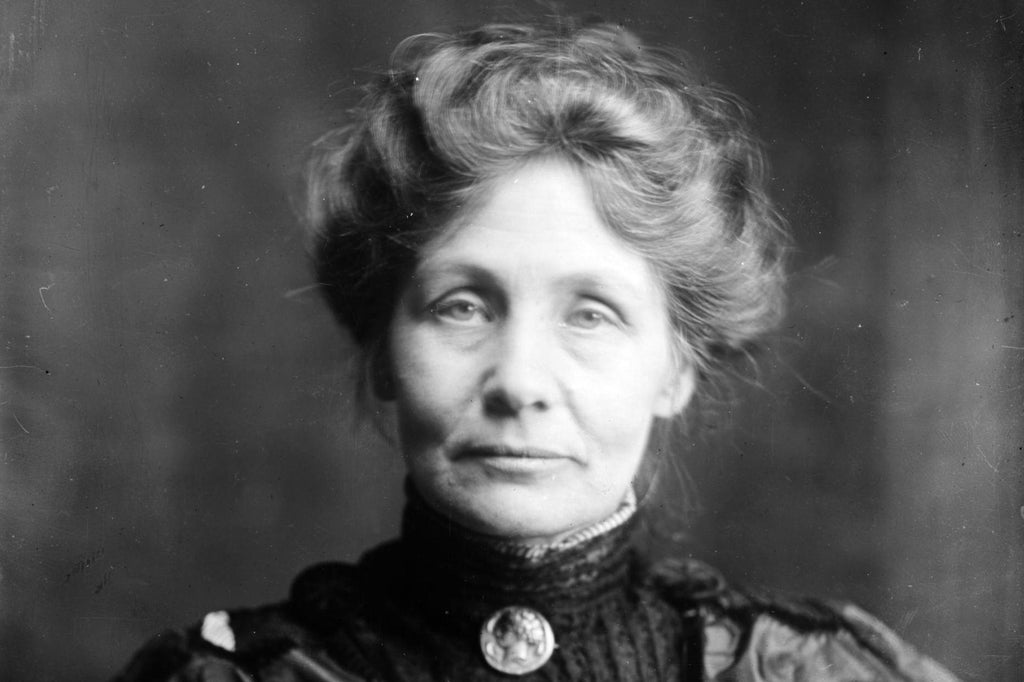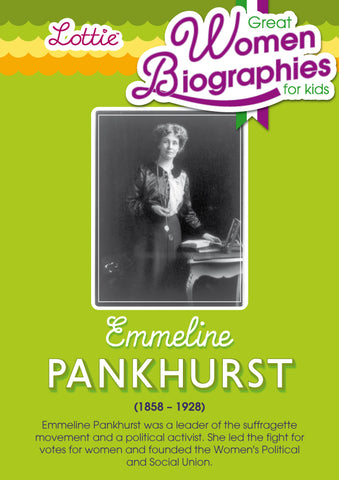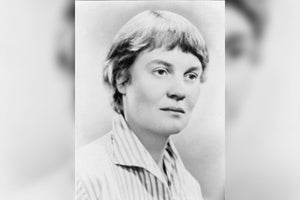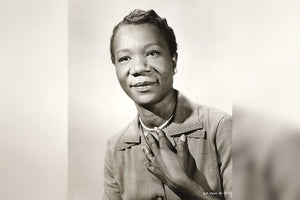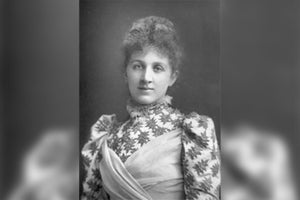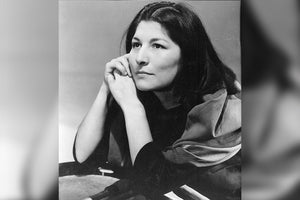Emmeline was born on the 15th of July 1858 in Manchester, England. Her family had a tradition of practicing radical movements.
Emmeline was the oldest of her nine siblings and a very bright child who learned to speak at the age of three. She learned to be socially conscious at an early age, thanks to her parents, who were both strong supporters of the antislavery movement and women’s rights.
At only 14 years old, Emmeline went to her first suffrage meeting with her mother and came away inspired by the speeches she had heard.
She was a shy girl who was afraid to talk in public but she was not timid about telling her parent that she felt they treated her unfairly in comparison to her brothers, whose education they put a lot of importance on.
At the time, girls attended a local boarding school that taught social skills that would enable them to become good wives.
Emmeline convinced her parents to send her to a progressive women’s school in Paris. When she returned five years later at the age of 20, she had become fluent in French and had learned not only sewing and embroidery, but chemistry and bookkeeping as well.
A Family of Activists
In 1889, Emmeline and her husband Richard founded the Women’s Franchise League (WFL), fighting for married women to be able to vote in the local elections.However, the League was not a success and it disbanded in 1893.
Having failed to achieve their goals in London and with some money troubles, the Pankhursts returned to Manchester in 1892. Joining the newly-formed Labor Party in 1894, they worked with the Party to help feed the poor and unemployed people in Manchester.
Emmeline Pankhurst

The Poor Law Guardians
Emmeline Pankhurst was named to the board of “poor law guardians,” whose job it was to supervise the local workhouse. Emmeline was shocked by the terrible conditions in the workhouse, where the inhabitants were badly fed and badly clothed and young children were forced to scrub the floors. Emmeline helped to improve conditions immensely; within five years, she had even established a school in the workhouse.
The Suffragettes
In October 1903, Emmeline’s daughter Christabel persuaded her mother to form a more aggressive group, and so Emmeline founded the Women’s Social and Political Union (WSPU) - an organization that gained a lot of fame for
their work, and outraged society. The members of this union were named the ‘suffragettes’.
Like many suffragettes, Emmeline was arrested six times over the next few years and even went on a hunger strike. But it was not an easy fight.
In 1913, many others started to go on hunger strikes, and the government started what became known as the ‘Cat and Mouse’ Act. The prisoners that were striking were released until they grew strong again, and then re-arrested.
The War
The fight came to an end suddenly when World War 1 broke out in 1914 and Emmeline turned all her energy to the supporting the war effort and encouraged all women to do what they could.
Women had the opportunity to prove themselves because of the war, doing jobs that the men used to do. By 1916, the attitudes towards women had changed; they were now thought of as more deserving of the vote after they had served their country so admirably.
In 1918, the Representation of the People Act gave voting rights to women over 30. Ten years later, women were granted equal voting rights with men(at 21).
Emmeline died shortly after on 14 June 1928 in Hampstead.
![]() Fast Shipping
Fast Shipping![]() Subscribe to our Newsletter
Subscribe to our Newsletter![]() 🌟 New Global Competition 🌟
🌟 New Global Competition 🌟